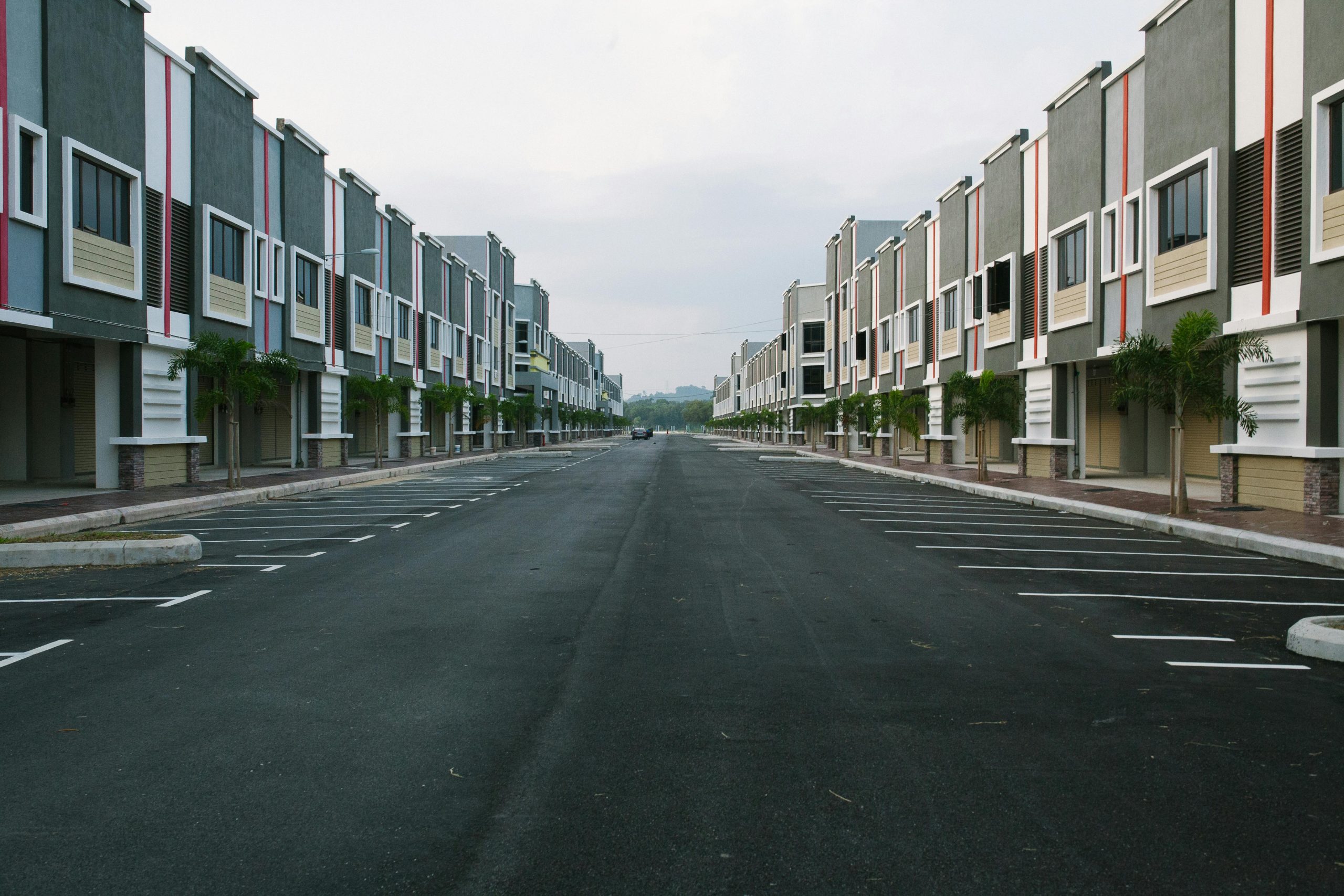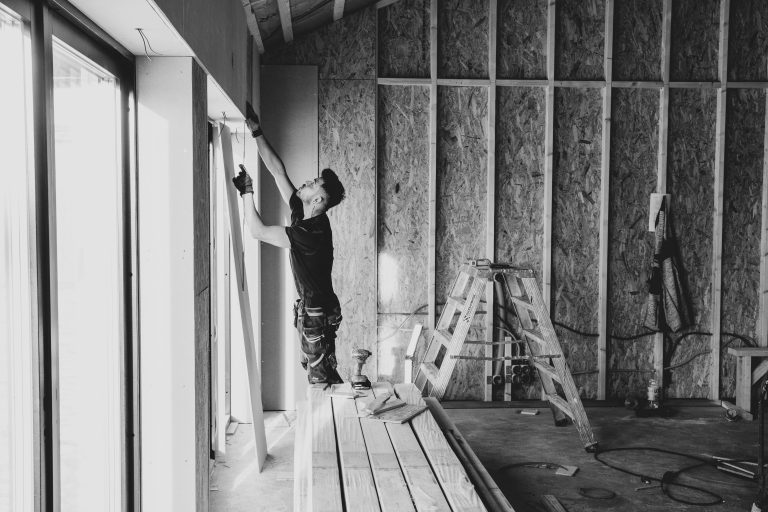What Every Condo Buyer Should Know It
For more than 10 years I have lived in a condominium and I love it. Snow removal is handled. The hallways are spotless. I walk to coffee and transit. Condo living can be a great fit if you understand how it works before you buy. Below is the guide I share with friends and clients who are curious about the benefits, the tradeoffs, and the due diligence that protects your wallet and your sanity.
What You Really Own In A Condo
When you buy a condo you usually own your individual unit plus a percentage interest in the land, building, and common areas. That shared interest is what funds the care of hallways, roofs, grounds, and amenities. It is different from a single family purchase where you own the structure and the lot outright.
Who Makes The Rules And How Decisions Get Made
Every condominium is governed by a Board of Directors of the association. The board is made up of volunteer owners who make decisions within a framework of recorded documents. You will see covenants conditions and restrictions known as CC and Rs, bylaws, and house rules. These documents set expectations for pets, parking, noise, renovations, renting, and more. They exist to protect property values and the peaceful enjoyment of residents.
Monthly Fees What They Are And What They Are Not
Condo living comes with a monthly fee that pays for the operation and upkeep of the common property. In some buildings it can also include select utilities. Think of it as a budget that keeps the building healthy. It is not a savings account you get back later. Strong finances matter. A well funded reserve lowers the odds that owners will face a surprise special assessment to pay for big projects like roof replacements or elevator modernization.
The Special Assessment Conversation You Must Have
Ask two questions up front when you are considering condo living. How much is in reserves today and what major projects are on the 5 year plan. Then ask if any special assessments have been levied in the past or are planned. Frequent assessments can signal weak planning or deeper building issues. If a future assessment is known you may be able to negotiate with the seller to cover all or part of it at closing.
My building funded a facade project years ago. Because reserves were healthy our special assessment was $0. That only happened because prior boards saved consistently and communicated early.
Financing And Insurance Are A Little Different
Condo loans consider your profile and the building itself. Lenders review the association budget, the percentage of owner occupants, and sometimes pending litigation. Your real estate agent and lender will request a condo questionnaire from the assoication to verify these items. You will also need a condo insurance policy sometimes called an HO6 which complements the master policy carried by the association. Speak with your lender and your insurance agent early so surprises do not delay closing.
The Due Diligence Packet You Should Read Not Scan
Before you waive contingencies request and actually read the full governing documents. That means CC and Rs, bylaws, rules and regulations, recent meeting minutes, current budget, most recent reserve study if available, and evidence of master insurance coverage. A good real estate attorney can flag red lights and translate the fine print into plain language.
What I look for as an owner and advisor
• Clear pet rules and any breed or weight limits
• Rental caps and minimum lease terms which affect future flexibility and loan eligibility
• Renovation approval steps and permitted hours to keep peace with neighbors
• Move in and move out procedures and any elevator deposits
• Parking assignments storage rules and bike policies
• Fine schedules and how disputes are handled
• Whether the manager is responsive and whether owners show up to meetings
Life After Closing How To Be A Great Neighbor Owner
Save the board and manager contacts. Attend meetings. Read the monthly financials. Replace your unit furnace filter on schedule and report water leaks immediately. Buildings do best when owners treat their unit like a home and the shared elements like a shared asset. I recommend that you stay engaged with your association so you understand upcoming projects and policy changes.
Questions I Hear The Most
Do assessments always go up
They usually trend upward with inflation and aging buildings. A steady increase that matches a thoughtful reserve plan is healthy. Flat dues for years can be a warning sign.
Are amenities worth it
Only if you will use them and the association budgets for their upkeep. A lightly used pool or spa can be costly to maintain. A fitness room or secure bike room can be a daily win.
Can I rent my unit later
Maybe. Check rental caps and city rules before you buy. Lenders often care about the owner occupant ratio so a building at the cap can affect future financing for you or the next buyer.
The Bottom Line
Condo living can be an affordable low maintenance path to homeownership with fantastic walkability and community. They are also a shared enterprise that runs on rules budgets and neighborly cooperation. If you do your homework up front and stay engaged after you move in you will enjoy the best parts of condo living for years.
If you want help interpreting a condo package or need an introduction to a sharp local agent who knows how to navigate association due diligence I am happy to connect you with a vetted professional in your market.







